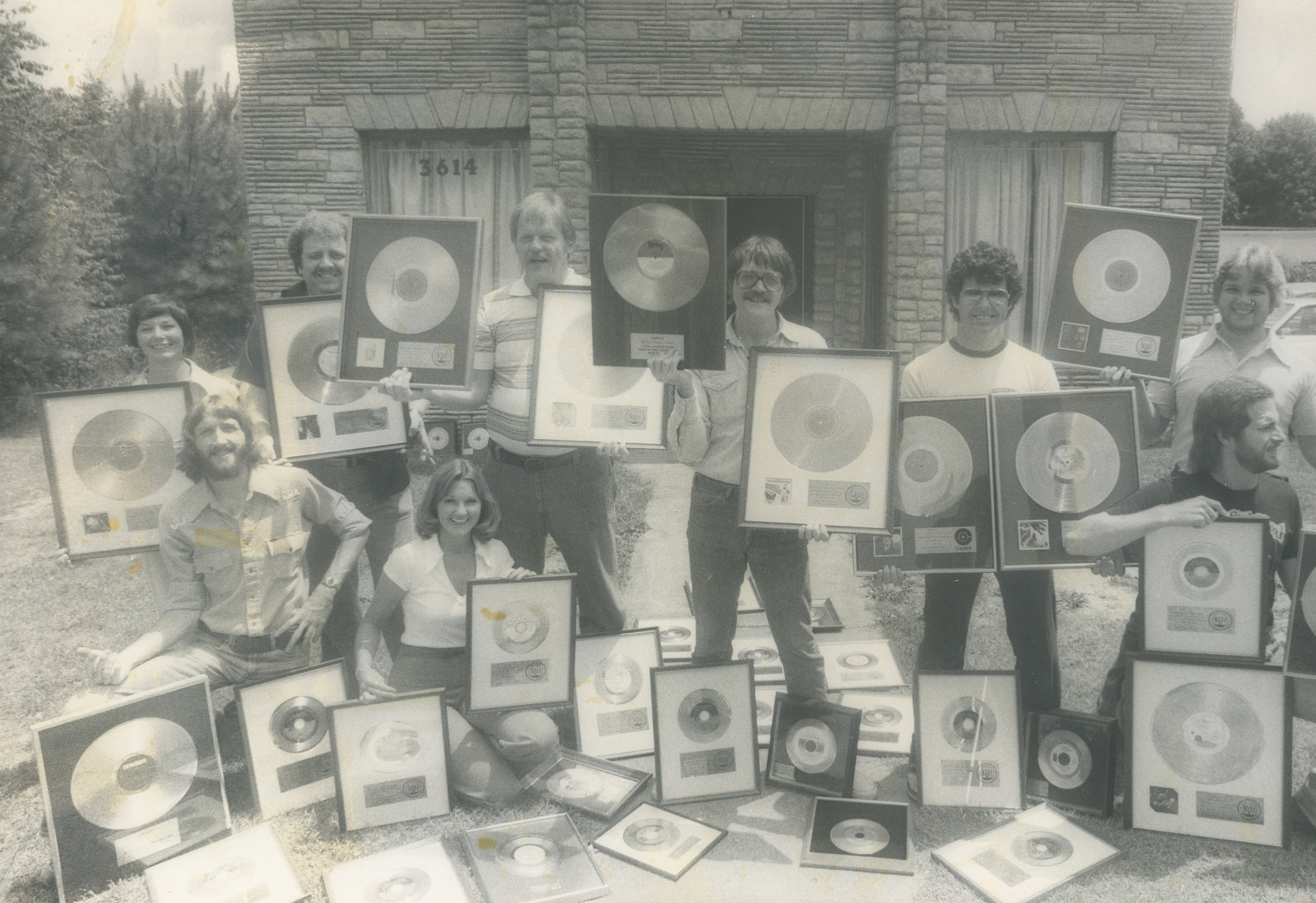Muscle Shoals
Opens Fri., Oct. 18 at Harvard Exit. Rated PG. 111 minutes.
“When a Man Loves a Woman.” “I’ll Take You There.” “Mustang Sally.” “Tell Mama.” What do these hit songs have in common? All were made in the same small clutch of recording studios, using the same cadre of musicians, in a backwater Alabama town. Greg Camalier’s very ear-friendly doc provides a generous jukebox selection of such tunes, plus testimonials from the famous artists who visited Muscle Shoals. (These include Aretha Franklin, Percy Sledge, Gregg Allman, Mick Jagger, and the inevitable Bono.) But it’s the background players who deservedly get the main focus. Chief among them is Rick Hall, whose Fame Studios put together a house band of humble white boys—some just teenagers—in the early ’60s. Profit was foremost in Hall’s mind. Hits were treated like product, and the stars were the labeling on the can. Inside were the anonymous studio men and their producers. (Hall would periodically alienate his band, dubbed the Swampers, resulting in rival studios and new session players.)
The music, of course, is great, falling in the sweet spot of baby-boomer nostalgia. However, the fawning tributes quickly grow tedious, as does the mystical mumbo-jumbo about the power of the river and lingering Indian magic. (What’s the phrase—Shut up and play the hits?) “Music can reflect landscapes,” says Steve Winwood. Well, maybe. Musicology aside, it’s the smaller details of industry and process that deserve more of Camalier’s attention. A few stills show the Rolling Stones—dressed to make an entrance—descending from their chartered helicopter to record three tracks in three days (including “Brown Sugar”). But even at the height of their 1969 fame, there was no place grander than the local motel to stay in Muscle Shoals. And there are snaps of Aretha waiting for the Swampers’ pianist, Spooner Oldham, to come up with an organ riff for “I Never Loved a Man (The Way I Love You).” It took him about 15 minutes to find the notes that will last 100 years.
bmiller@seattleweekly.com








